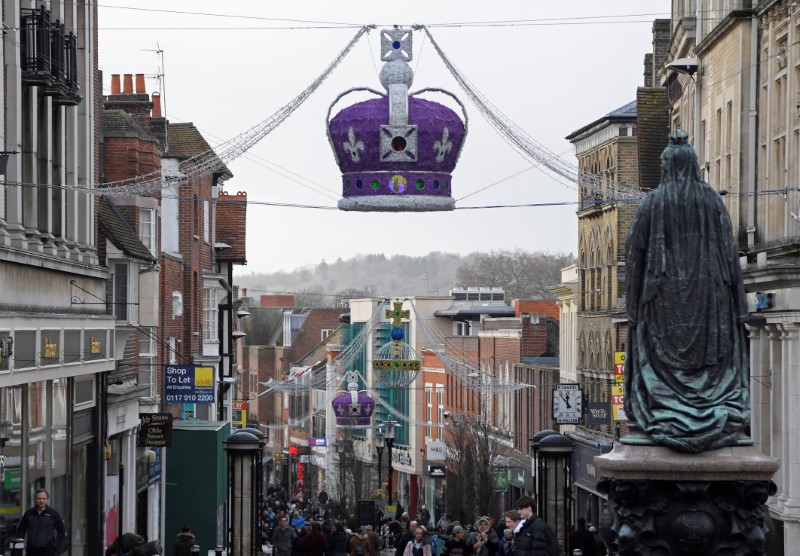Investing.com’s stocks of the week
By Geoffrey Smith
Investing.com -- U.K. business activity hit a 17-month low in July, hurt by continued high labor costs and by the falling pound, according to a closely-watched business survey released on Friday.
The Composite Purchasing Managers Index compiled by S&P Global fell to 52.8 from 53.7 in June, with the manufacturing PMI falling to 52.2 and the services PMI falling to 53.3.
Both the main index and the two sectoral indices held up slightly better than expected, but the data do little to dispel fears that the economy will start to contract later in the year under the influence of Russia’s war in Ukraine and the after-effects of Brexit, which has hurt the U.K.’s trading performance.
"The slowdown in output growth mostly reflected softer demand, alongside ongoing capacity constraints arising from shortages of materials and staff," S&P said. "On a more positive note, latest data indicated that input cost inflation eased considerably since June and was the lowest for ten months."
The pound weakened on the news, which came hard on the heels of other surveys showing a depressed consumer environment in June, and dented the case for an aggressive interest rate hike by the Bank of England at its meeting on August 4. By 05:40 AM ET (0940 GMT), sterling was at $1.1961, down 0.3% on the day, while Gilt yields were down by around 10 basis points along the whole yield curve.
Overnight, research firm GfK said U.K. consumer confidence remained at a record low in July, while June's retail sales fell for the second month running, as soaring fuel prices hurt discretionary spending. The 0.1% drop in sales would have been significantly larger without a boost from food and drink sales due to Queen Elizabeth's Platinum Jubilee.
Samuel Tombs, U.K. economist with Pantheon Macroeconomics said via Twitter, "It's hard to see the (Bank of England's Monetary Policy Committee) concluding it needs to act 'forcefully', following July's PMI data showing that economic activity is stagnant and price rises are fading."
Pointing to sterling's implied forward rate curve, he added, "Markets are starting to cotton on, but at 44bp, expectations for the change in rates at August's meeting still look too high."
